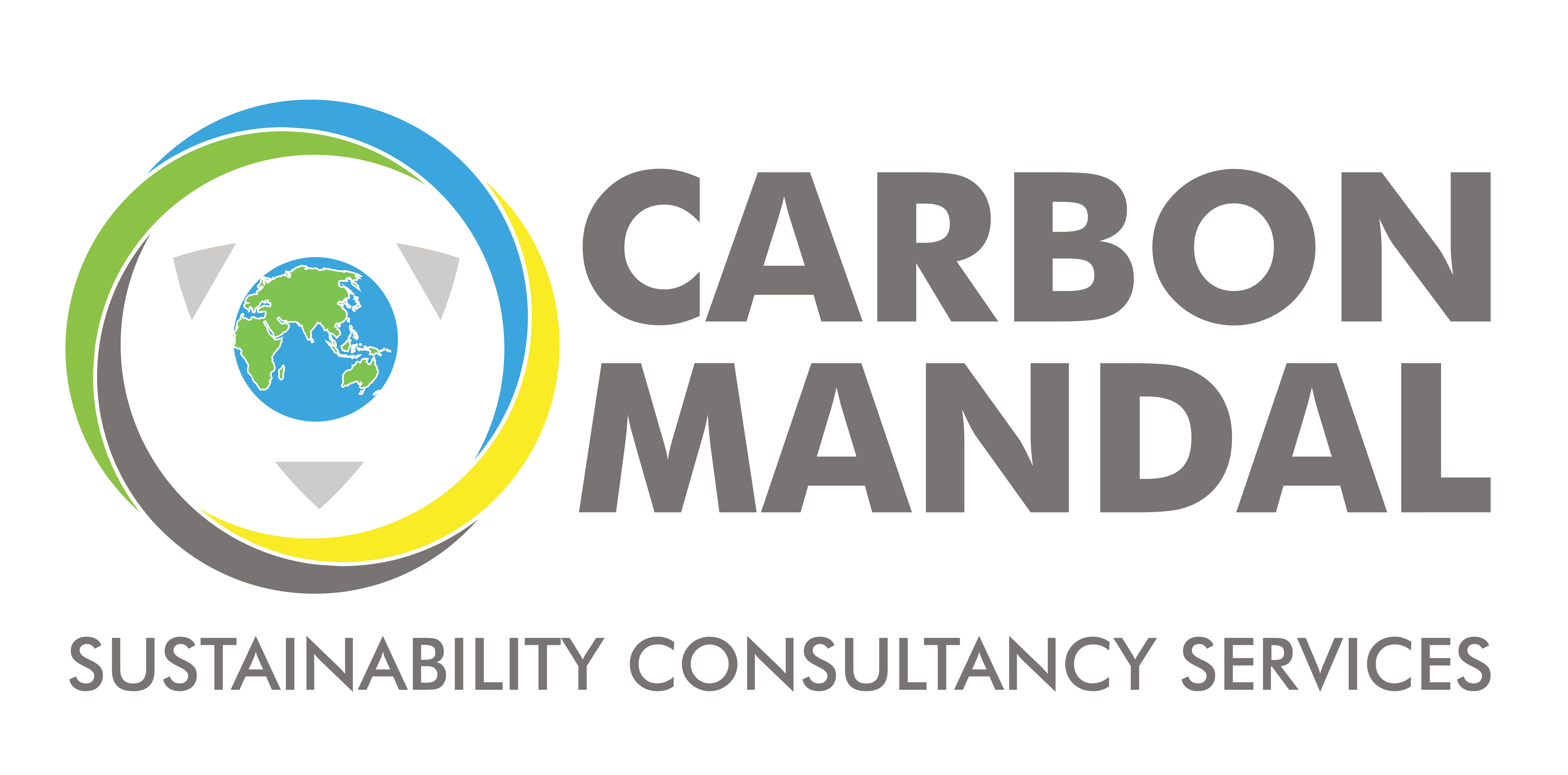The Future of Work in a Green World. The Employment Crossroads in India: A Young Nation Seeking Possibilities.
India is at a turning point in its workforce development history that is unlike any other. Its youth demographic is among the largest in the world, with over 65 percent of the population under 35. Nevertheless, creating enough good jobs remains a persistent challenge, despite this demographic advantage. Once thought to be the keys to success, the once-stable career paths in management, engineering, and medicine are now oversaturated. Traditional fields such as engineering, medicine, and commerce have long dominated career aspirations in India. However, these sectors are now highly competitive, and many graduates face underemployment or a mismatch between their qualifications and job roles. This employment pressure is prompting a shift in how young Indians view career paths, especially as sustainability emerges as both a necessity and an opportunity in the face of global climate and resource challenges.
A new class of jobs that combine job security and significant impact is emerging as a result of faster climate change and the depletion of natural resources. Sustainability has evolved into a strong economic force that addresses both human prosperity and the health of the planet, making it more than just an environmental issue.
The Shift Worldwide: How Sustainability is Changing Careers
The United Nations Sustainable Development Goals (SDGs) and the 2015 Paris Agreement have drastically changed how countries view economic development. True development, according to these frameworks, must strike a balance between social and ecological well-being and economic growth. Beyond conventional environmentalism, modern sustainability careers incorporate social justice, long-term resilience, and innovative thinking. These positions cover every area of the economy, from ethical finance to renewable energy, and provide stability in a labor market that is becoming more and more unstable. Their adherence to the 3Ps principle—Planet, People, and Prosperity —guarantees that social inequality and environmental degradation do not have to be sacrificed for economic advancement, which distinguishes them. In India, Initiatives like the Saubhagya Scheme and the Pradhan Mantri Ujjwala Yojana (PMUY) guarantee low-income and rural households access to electricity and clean cooking fuel, lowering health risks and enhancing quality of life.[5] By providing vulnerable areas with adequate water, sustainable infrastructure, and climate-adaptive solutions, climate resilience programs like the National Adaptation Fund for Climate Change (NAFCC), AMRUT, and the Jal Jeevan Mission help to further alleviate inequities. Through skill development programs under the Skill India Mission, the Green Skill Development Programme (GSDP), and PM Kaushal Vikas Yojana (PMKVY), India is simultaneously promoting inclusive green livelihoods. These programs teach young people, particularly those from rural and semi-urban areas, about topics like solar energy, waste management, biodiversity conservation, and sustainable agriculture. By combining environmental objectives with the creation of livelihoods and fairness.
Renewable Energy Will Drive Tomorrow’s Jobs is widely embraced in program to equip young generation with technical expertise. According to the press information bureau by GoI, India has already become a significant player in the solar,wind and hydropower industries, generating 1.02 million jobs in 2023 in the sector according to the 2024 Annual Review by the International Renewable Energy Agency (IRENA). [7]. Exciting innovations like green hydrogen and tidal energy are breaking new ground in the clean energy space with the upcoming indian govt schemes and worldwide technological boons.
China and Germany are at the forefront of this movement on a global scale. China has an incredible 13 million workers in clean energy sectors, while Germany’s Energiewende policy has created over 330,000 jobs in the renewable energy sector. These changes have increased the need for experts who can handle the technical and legal complexities of the energy transition, such as solar engineers, carbon capture specialists, and energy policy analysts.
Another major trend is the rise of the circular economy is the emergence of the circular economy, which emphasizes resource efficiency and waste reduction. For example, an entire ecosystem centered around battery recycling has emerged as a result of the electric vehicle (EV) boom. To turn waste into useful resources, businesses are increasingly looking for material scientists, waste auditors, and industrial ecologists. This change is a fundamental rethinking of how we create, use, and recycle materials, and it goes beyond simple environmentalism. For those with the necessary skills, careers in recycling technology, sustainable packaging design, and circular supply chain management are becoming more and more popular. These fields offer high salaries in an upcoming, competitive, and growing field. Feeding a growing population too, is a heavy job for the century and agriculture plus sustainability does just the same.
A sustainability revolution is also occurring in agriculture. With the threat of climate change to the world’s food supply, methods such as agroecology, precision farming, and organic agriculture are becoming more popular. Food security is increasingly dependent on specialists in soil health, water conservation, and sustainable supply chains. This opens up exciting career options for young professionals as food policy advisors, sustainable agriculture engineers, and agroecologists.[4] By bridging the gap between contemporary sustainability science and traditional farming knowledge, these positions guarantee that agriculture continues to be productive without endangering the environment. Finance is also part of the latest green revolution, converging as green finance.[2]
This green transformation has also affected the financial sector. Banks and corporations are in dire need of climate risk analysts, green investment advisors, and carbon credit traders as trillions of dollars pour into ESG (Environmental, Social, and Governance) investments. In order to guarantee that funds go toward truly sustainable projects, these experts assist in navigating the tricky junction of sustainability and profitability. This gives recent graduates in finance access to professions that have a positive social and financial impact. Similarly, infrastructure is also on the rise, but in a sustainable and eco-friendly way, and the next discussion is on it.[2]
For green careers, urban development offers yet another opportunity. Cities all over the world are adopting smart urban planning, climate-resilient infrastructure and net-zero buildings. While India’s Smart Cities Mission seeks to bring similar innovation to home mega-projects like Saudi Arabia’s NEOM, it showcases futuristic eco-cities. For those who can design livable and sustainable cities, this opens doors for green architects, urban sustainability planners, and smart infrastructure engineers. [3]
India versus the World: Prospects and Difficulties?
There are opportunities as well as difficulties when evaluating India’s development in comparison to world leaders. While nations like China, Denmark and Germany have developed strong green labor markets, India is still developing its own ecosystem. At the moment, only 20% of India’s workforce is employed in formal green jobs, with the majority of these positions located in cities [1]. Rural-urban disparities, a lack of specialized education programs, and persistent skill gaps all continue to impede faster growth. However, bold plans like the National Action Plan on Climate Change and the 500 GW renewable energy target by 2030 indicate that India may develop into a significant hub for sustainable employment.
How India Can Take the Lead in the Green Jobs Revolution: A Look Ahead
For India to reach its full sustainability potential, decisive action is required. As part of larger educational changes, this entails extending specialist sustainability courses via reputable universities and incorporating them into skill-building initiatives. Strong public-private partnerships will be necessary to support startups in industries like clean energy, sustainable agriculture, and electric vehicle (EV) technology. At the same time, inclusive growth can be fueled by expanding green job opportunities outside of urban areas and leveraging the large rural workforce. Lastly, to speed up this shift, more robust policy support in the form of more stringent rules and incentives for eco-friendly businesses and sustainable practices will be necessary.
Looking ahead, green jobs are the way to a better future. The growth of careers in sustainability is a fundamental redefinition of meaningful work, not just a trend in employment. These prospects provide India’s youth with a unique opportunity: the ability to make a living while making the world cleaner, fairer, and more resilient. India must make the crucial decision of whether to lead or follow the global economy as it transitions to a green economy. The outcome will affect not only employment figures but also the future of sustainable development in the biggest democracy in the world.
List of References
- Business Today. (n.d.). 20% of India’s workforce is employed in green jobs; number expected to double by 2030. Business Today. https://www.businesstoday.in/latest/economy/story/20-of-indias-workforce-is-employed-in-green-jobs-number-expected-to-double-by-2030-390939-2023-08-22 (Accessed July 23, 2025)
- Indeed. (n.d.). What is green tech? How it works, types, adoption, and examples. Indeed Career Guide. https://www.indeed.com/career-advice/finding-a-job/sustainability-careers (Accessed July 23, 2025)
- NEOM. (n.d.). NEOM: Made to change. NEOM. https://www.neom.com (Accessed July 23, 2025)
- Prospects. (n.d.). Going green, getting hired: A guide to sustainable careers. Prospects. https://www.prospects.ac.uk/jobs-and-work-experience/job-sectors/environment-and-agriculture/going-green-getting-hired-a-guide-to-sustainable-careers (Accessed July 23, 2025)
- Observer Research Foundation. (2021, October 19). India’s renewable energy boom: Job creation and sustainable growth. ORF. https://www.orfonline.org/research/indias-renewable-energy-boom/ (Accessed July 23, 2025)
Extra readings
- Assessment of India’s Green Jobs and Just Transition Policy Readiness Assessment of India’s Green Jobs and Just Transition Policy Readiness (Accessed July 23, 2025)
- The Economic Times. (2023, July 14). Gujarat set to develop India’s first tidal energy plant. The Economic Times. https://energy.economictimes.indiatimes.com/news/renewable/gujarat-set-to-develop-indias-first-tidal-energy-plant/101710112 (Accessed July 23, 2025)


Add a Comment
Your email address will not be published. Required fields are marked *